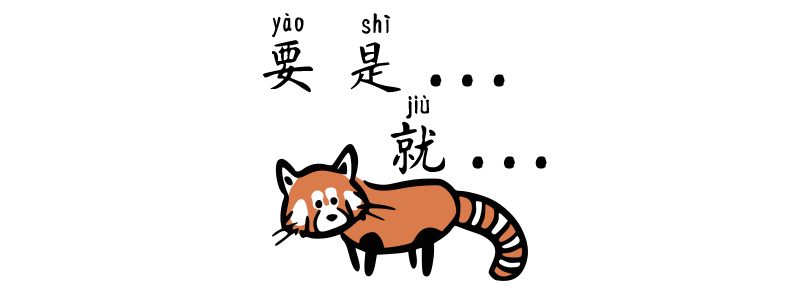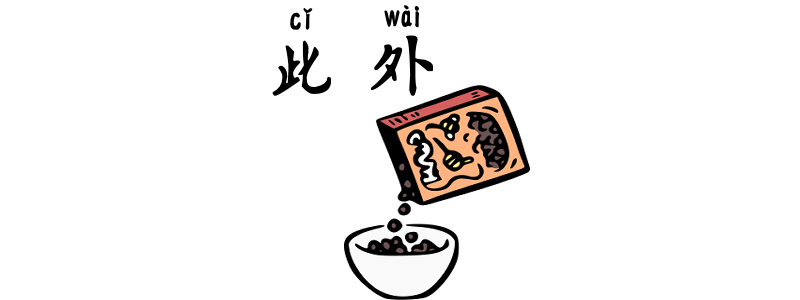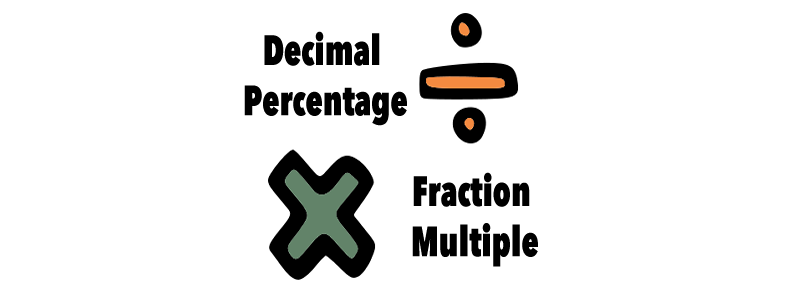Grammar Point:When 就 jiù is used with 要是 yàoshìi, it usually implies that if the condition in the “if” clause is met or becomes true, then the result or consequence in the main clause will also happen. It can be translated as “in the case that” or “if…then…” in English Structure 要是 yàoshì ··· +…
Author: tiffany
Chinese Time Word and Duration
Time Words 📗 Time Expression – Dates📗 Time Expression – Week of Days📗 Time Expression – Time Time Words + Verb Time words are usually placed before the verb in a sentence. 禮拜六lǐbàiliù你nǐ做zuò什麼shénme? 礼拜六lǐbàiliù你nǐ做zuò什么shénme? What are you doing on Saturday? 我wǒ上shàng星期一xīngqíyī沒méi上shàng中文zhōngwén課kè我wǒ上shàng星期一xīngqīyī没méi上shàng中文zhōngwén课kèI didn’t attend Chinese class last Monday. 每měi週三zhōusān咖啡kāfēi買mǎi一yī送sòng一yī每měi周三zhōusān咖啡kāfēi买mǎi一yī送sòng一yīBuy one coffee, get one free every Wednesday….
“Moreover” in Chinese 2 – cǐwài
Grammar Point:此外 cǐwài means “in addition” or “moreover” in Chinese. It is used to introduce additional information or points that are related to the topic being discussed. Structure Statement 1 + 此外 cǐwài + Statement 2 他tā很hěn聰明cōngmíng, 此外cǐwài他tā還hái很hěn努力nǔlì他tā很hěn聪明cōngming, 此外cǐwài他tā还hái很hěn努力nǔlìHe is very smart, and moreover, he is very hardworking. 我們wǒmen公司gōngsī提供tígōng免費miǎnfèi午餐wǔcān, 此外cǐwài還有háiyǒu健身房jiànshēnfáng可以kěyǐ使用shǐyòng我们wǒmen公司gōngsī提供tígōng免费miǎnfèi午餐wǔcān, 此外cǐwài还有háiyǒu健身房jiànshēnfáng可以kěyǐ使用shǐyòngOur company provides free lunch,…
Book 1 Lesson 1 – Vocabulary
Click here to modify ↘️ the characters and pinyin Vocabulary Part 1 你 nǐ (N) you 來来 lái (V) to come 是 shì (Vst) to be 小姐女士 xiǎojiěnǚshì (N) Miss, Ms. 嗎吗 ma (Ptc) sentence final particle 接 jiē (V) to pick sb up 我們们 wǒmen (N) we, us 我 wǒ (N) I, me 這这…
視聽華語 Book 1 Lesson 9 – 10
Lesson 9 A:你們學校在哪裡? B:在大學路。 A:學生多不多? B:不太多,只有五、六千的學生。 A:有宿舍嗎? B:有,圖書館後面的大樓就是學生宿舍。 A:你常在學生宿舍裡看書嗎? B:不,宿舍裡人太多,我常在圖書館裡看書。 A:學校附近有書店嗎? B:有,學校外面有兩家書店,學生都喜歡在那裡買書。 A:那麼,學生看書、買書都很方便。 B:是啊。 A:請問,您這所房子要賣嗎? B:是的。 A:我可不可以看看? B:可以,可以。這是客廳。飯廳在那邊。飯廳旁邊的那間屋子是廚房。 A:樓上有幾個房間? B:樓上有四個房間,都很大。 A:附近有小學嗎? B:有,離這裡不遠。 A:在什麼地方? B:就在東一路。 A:這所房子要賣多少錢? B:九百萬。 A:這所房子不錯,可是有一點貴,我要再想一想,謝謝您。再見。 B:再見。 我父親的書房在樓下。書房裡有一些書,有中文的,也有外文的。房間當中有一張桌子,桌子旁邊有一個椅子。我父親常在這裡看書。 桌子上有筆,有杯子,還有一些小東西。椅子後面的牆上有一張很好看的畫。 現在書房裡沒有人,可是我們的小貓在桌子底下 Lesson 10 A:聽說你到日本去了 B:是啊。 A:你是為什麼去的? B:是去玩的。 A:你是一個人去的嗎? B:不是,我是跟兩個朋友一起去的。 A:你們是怎麼去的? B:我們是做飛機去的。 A:現在到日本去玩的人多不多?飛機票好買嗎? B:現在去的人不太多,飛機票不難買。 A:你們玩得怎麼樣? B:我們玩得很好。 A:你們是什麼時候回來的? B:我們是昨天晚上回來的,所以現在很累。 A:你到哪裡去? B:我到學校去。 A:你走路去啊? B:是啊。 A:為什麼不開車去呢? B:這個時候,在學校裡停車的地方不好找。 A:走路去不累嗎? B:還好。我們學校離這裡不遠。…
Approximate number with lái
Grammar Point:In Chinese, the word 來来 lái can be used to indicate an approximate number when paired with a quantifier or measure word. This usage implies an estimation or approximation rather than an exact count. Structure Approximate Number + lái + MW + (N) 大約dàyuē十shí來lái個ge人rén大约dàyuē十shí来lái个ge人rénAbout ten people. 他tā身高shēngāo一百yìbǎi八十bāshí來lái公分gōngfēn他tā身高shēngāo一百yìbǎi八十bāshí来lái公分gōngfēnHis height is about 180 centimeters. 我wǒ家jiā有yǒu五十wǔshí來lái本běn書shū我wǒ家jiā有yǒu五十wǔshí来lái本běn书shūThere are…
Question Word – How 怎麼 zěnme
Grammar Point:In Chinese, “how” can be translated as 怎么样 zěnme yàng or simply 怎么 zěnme, depending on the context. As for “how long,” it can be translated as 多久 duō jiǔ. How – 怎麼/怎么 zěnme Depending on the context, 怎麼怎么 zěnme can be translated as “how” or “what”. It is used to indicate the manner…
Decimal, fraction, percentage, and multiple in Chinese
Here’s how Chinese expresses decimal, fraction, percentage, and multiple: Decimal 小數数 xiǎoshù: In Chinese, decimals are expressed using the same format as in English, with a decimal point. If the digits after the decimal point exceed two, we read them individually. 0.5: 零líng點diǎn五wǔ零líng点diǎn五wǔ 12.25: 十二shíèr點diǎn二èr五wǔ十二shíèr点diǎn二èr五wǔ 3.724: 三sān點diǎn七qī二èr四sì三sān点diǎn七qī二èr四sì 72.0029: 七十二qīshíèr點diǎn零líng零líng二èr九jiǔ七十二qīshíèr点diǎn零líng零líng二èr九jiǔ Fraction 分數数 fēnshù: To express fractions…
“Instead of” in Chinese – tì and dàitì
Grammar Point:In Chinese grammar, 替 tì and 代替 dàitì are prepositions used to indicate substitution or acting on behalf of someone or something. Structure Noun/Pronoun + 替 tì + Noun/Pronoun + V The nouns and pronouns here usually are human not objects. 他tā替tì我wǒ做zuò了le很hěn多duō工作gōngzuò他tā替tì我wǒ做zuò了le很hěn多duō工作gōngzuòHe did a lot of work for me. (substitution) 我wǒ替tì老闆lǎobǎn接jiē了le電話diànhuà我wǒ替tì老板lǎobǎn接jiē了le电话diànhuàI answered the phone…
Chinese Comparison Words – bǐ and bǐjiào
比 bǐ In Chinese grammar, 比 bǐ is used to express comparison between two things. It is followed by the second element of comparison and then the adjective or adverb. A + 比 bǐ + B + Adj. The adjective is to describe A 美國Měiguó比bǐ日本Rìběn大dà美国Měiguó比bǐ日本Rìběn大dàThe United States is bigger than Japan. 台灣Táiwān的de夏天xiàtiān比bǐ加拿大Jiānádà的de夏天xiàtiān熱rè台湾Táiwān的de夏天xiàtiān比bǐ加拿大Jiānádà的de夏天xiàtiān热rèThe summer in Taiwan…









